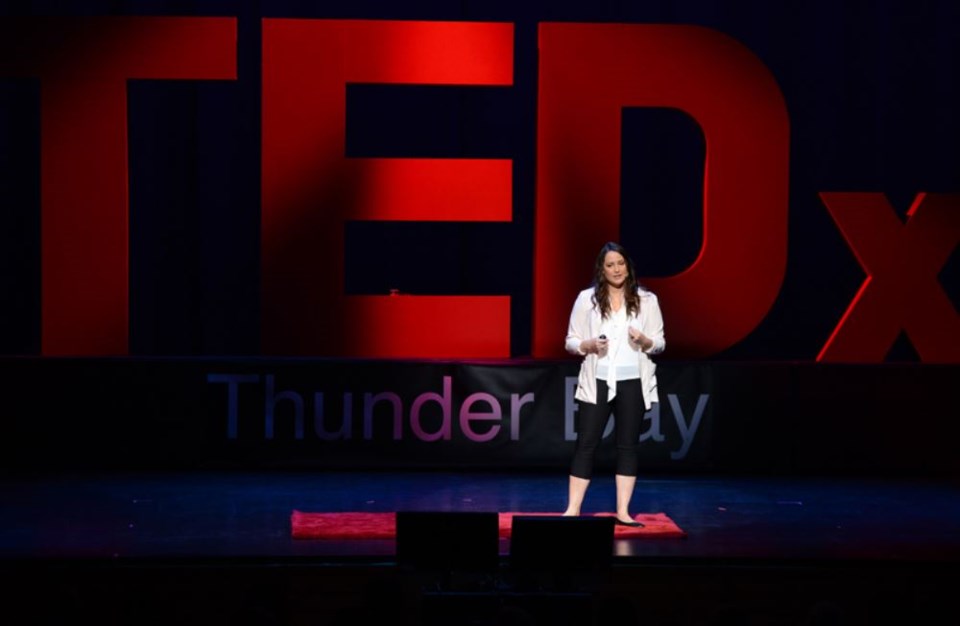If plastics continue to enter the Great Lakes at the rate they are, one scientist warns the contamination will have an effect on our wildlife.
Four years ago, Dr. Sherri Mason set sail on Lake Erie only to discover high concentration levels of micro plastics than any other body of water.
This alarmed Mason and as a result she increased her research to all the Great Lakes only to find large concentrations of plastic particles in each one.
Mason’s immediate instinct as a scientist was to help protect the water and wildlife from the pollution.
“The reality is that we are the problem. The nice aspect of that is that we are also the solution,” Mason said before her TEDx presentation.
If we reduce our use of plastic it will have a positive impact on the environment and we won’t have to worry about our lifestyles “coming back to haunt us” and our lakes.
These plastics contain dangerous toxins which can become hazardous to the food chain if consumed by wildlife.
Among other environmental impacts, the plastics left in the lakes are killing fish, birds and a variety of other species. Plastics ingested by animals causes internal blockage, dehydration and often time’s death.
“The solution in a nut shell is eliminating single use disposable plastics,” like grocery bags, straws and food wrappers, Mason said.
Dr. Mason was one of 14 speakers who made up the TEDx talk at the Thunder Bay Community Auditorium Friday.
Local TEDx curator Michael Wrenshall explained how the volunteers chose those 14 speakers after the difficult process of going through 147 applications.
“The day is filled with a panorama of different ideas, so we had people talking about plastics within our Great Lakes, cyber bullying and new ideas in physics,” Wrenshall said.
“Every single speaker has a message, and I’m in my own little state of euphoria because I connect with all of them.”
For more information on the speakers and topics discussed at Friday’s Thunder Bay TEDx event visit online here.
